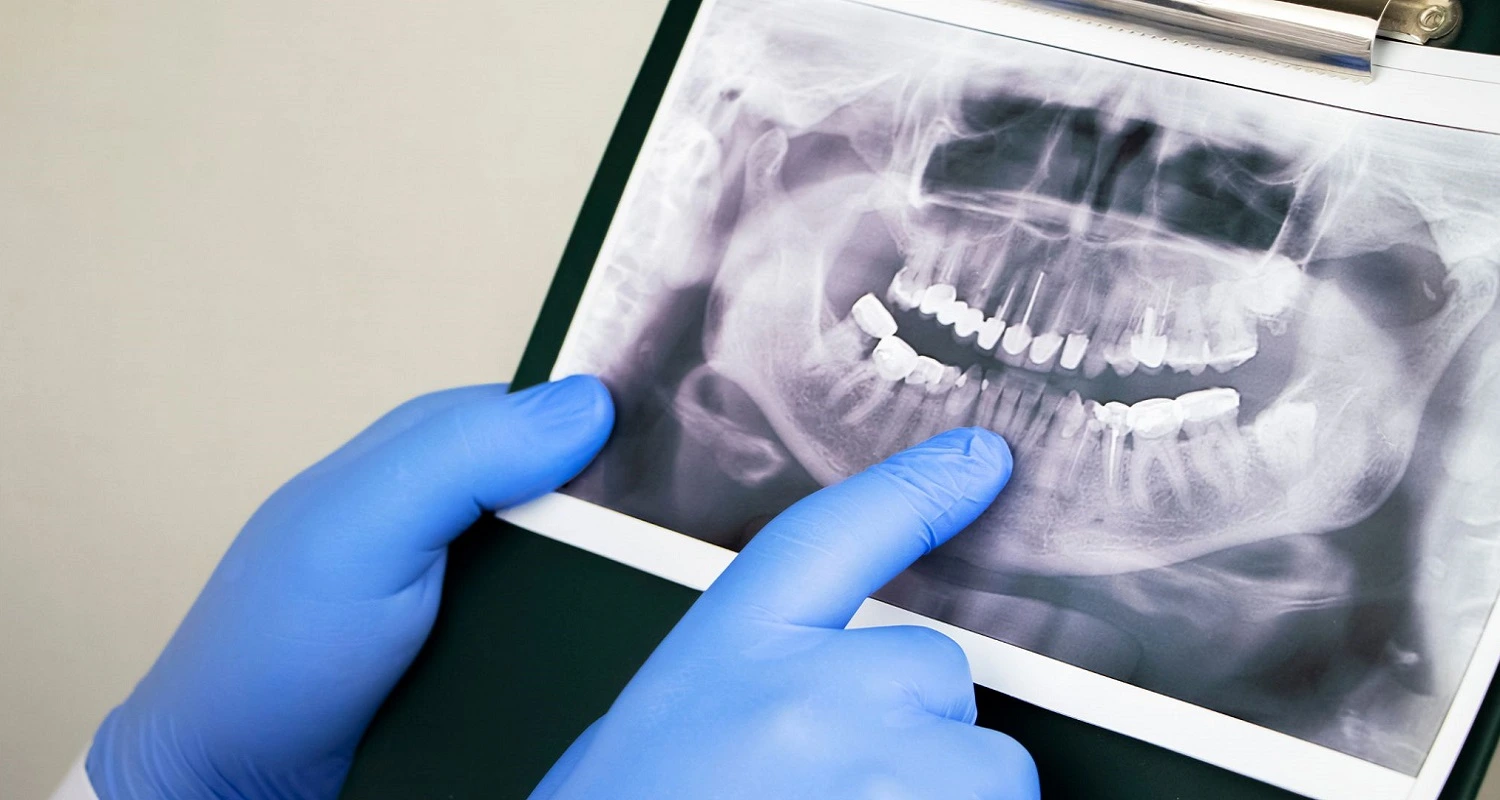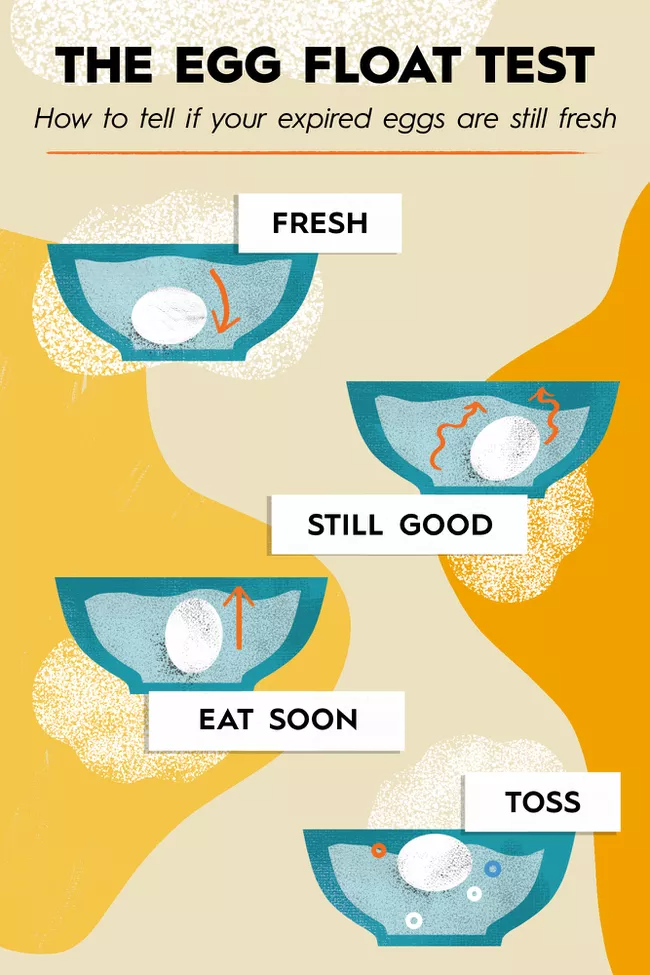Dislocation Of Tooth

Dislocation of a tooth, also known as tooth displacement or luxation, is a dental emergency that requires immediate attention. It occurs when a tooth is partially or completely displaced from its socket due to trauma, injury, or other factors. The tooth can be dislocated in any direction, including horizontally, vertically, or rotationally, and can be accompanied by other injuries such as fractures or bleeding.
A dislocated tooth can be extremely painful and can lead to further complications if not treated promptly. The goal of treatment is to restore the tooth to its original position, prevent infection, and promote healing. In this article, we will discuss the causes, symptoms, diagnosis, and treatment options for dislocation of a tooth.
Causes Of Tooth Dislocation
Tooth dislocation can occur due to various reasons, including:
- Trauma or Injury: A blow to the mouth or face can cause a tooth to be dislocated. This can happen during sports, accidents, or falls.
- Biting or Chewing Hard Objects: Biting or chewing on hard objects such as ice, hard candy, or nuts can cause a tooth to be dislocated.
- Gum Disease: Advanced gum disease can cause the teeth to become loose and dislocated.
- Tooth Decay: Severe tooth decay can weaken the tooth structure and cause it to become dislocated.
- Orthodontic Treatment: Orthodontic treatment can cause teeth to become dislocated if the forces applied are too great.
Symptoms Of Tooth Dislocation
The symptoms of tooth dislocation can vary depending on the severity of the injury. Some common symptoms include:
- Severe Pain: A dislocated tooth can be extremely painful, especially if the tooth is partially dislocated and still in contact with the surrounding bone and tissue.
- Swelling and Bruising: The gums and surrounding tissue may become swollen and bruised due to the injury.
- Bleeding: There may be bleeding from the gum or tooth socket.
- Loose Tooth: The tooth may feel loose or mobile.
- Difficulty Speaking or Eating: A dislocated tooth can make it difficult to speak or eat due to the pain and discomfort.
Diagnosis Of Tooth Dislocation
Diagnosing a dislocated tooth requires a thorough examination by a dentist. The dentist will:
- Conduct a Visual Examination: The dentist will examine the tooth and surrounding tissue to assess the extent of the injury.
- Take X-Rays: X-rays may be taken to determine the position of the tooth and to rule out any other injuries such as fractures.
- Check for Sensitivity: The dentist may check the tooth for sensitivity to temperature or pressure.
Treatment Options For Tooth Dislocation
The treatment options for tooth dislocation depend on the severity of the injury. Some common treatment options include:
- Repositioning the Tooth: If the tooth is partially dislocated, the dentist may be able to reposition it back into its socket.
- Splinting: The tooth may be splinted to the surrounding teeth to stabilize it and promote healing.
- Root Canal Therapy: If the tooth is severely dislocated, root canal therapy may be necessary to remove any damaged tissue and prevent infection.
- Extraction: In severe cases, the tooth may need to be extracted.
What should I do if I have a dislocated tooth?
+If you have a dislocated tooth, you should seek immediate dental attention. In the meantime, you can try to reposition the tooth back into its socket, but do not force it. Apply a cold compress to the area to reduce swelling and take over-the-counter pain medication to alleviate pain.
Can a dislocated tooth be saved?
+Yes, a dislocated tooth can be saved if treated promptly and properly. The success of treatment depends on the severity of the injury and the promptness of treatment.
How long does it take to recover from a dislocated tooth?
+The recovery time for a dislocated tooth can vary depending on the severity of the injury. In general, it can take several weeks to several months for the tooth to fully heal and stabilize.
In conclusion, dislocation of a tooth is a dental emergency that requires immediate attention. Prompt treatment can help save the tooth and prevent further complications. If you have a dislocated tooth, seek immediate dental attention and follow the dentist’s instructions for proper care and treatment.
